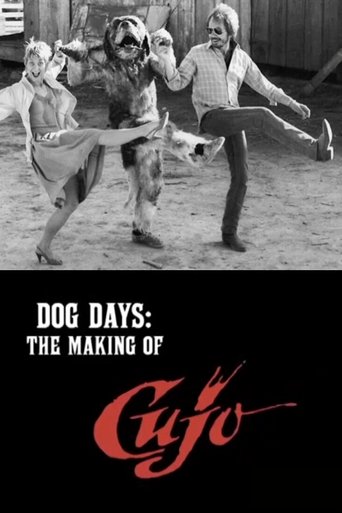
01 Sep 2007

Dog Days: The Making of 'Cujo'
Documentary about the making of the 1983 thriller "Cujo"
Johnnie got his gun is a mix of interview snippets with To, these are taken from various sources and are cobbled together with clips from including Breaking news, P.T.U and The Mission amongst others. It seems Montmayeur did do an interview but it's so chopped up and mixed in it feels insignificant. Prominent members of casts and crew also feature in interview form but again from many different times and sources.


01 Sep 2007

Documentary about the making of the 1983 thriller "Cujo"

11 Jan 2010

Tito del Amo, a passionate 72-year-old researcher, takes the final step to unravel the enigma about the alleged Spanish origin of the American cartoonist Walt Disney, making the same journey that his supposed mother made to give him up for adoption in Chicago. A journey that begins in Mojácar, Almería, Spain, and ends in New York. An exciting adventure, like Alicia's through the looking glass, to discover what is truth and what is not, with an unexpected result.
10 May 2005
Documentary about the Parisian locations for the film by Louis Malle.
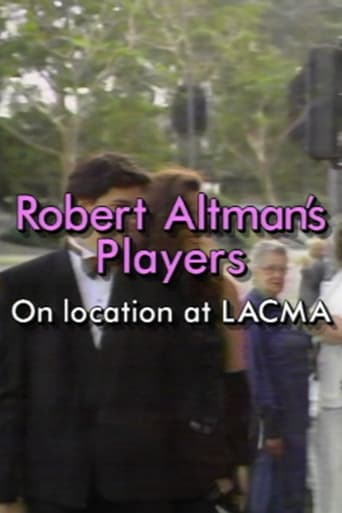
01 Jan 1992

Behind-the-scenes documentary about a fundraiser which was staged for Robert Altman's film "The Player" (1992).
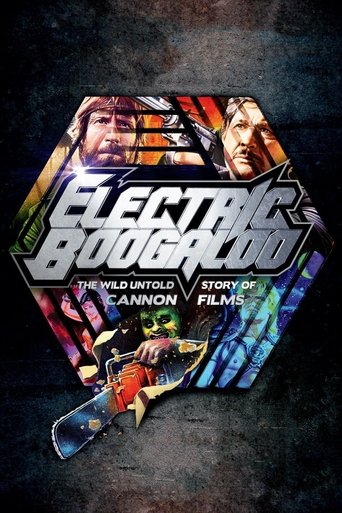
06 Oct 2014

A documentary about the rise and fall of the Cannon Film Group, the legendary independent film company helmed by Israeli cousins Menahem Golan and Yoram Globus.
01 Jan 1979
Television documentary about German-born American director Douglas Sirk.
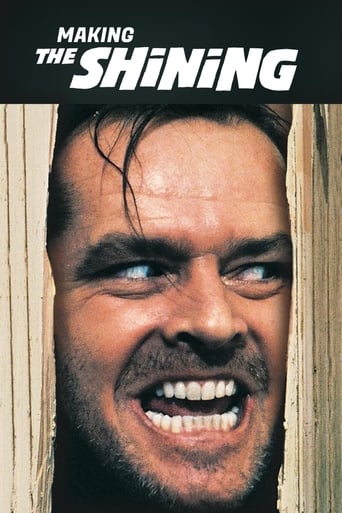
04 Oct 1980

Directed and edited by Stanley Kubrick's daughter Vivian Kubrick, this film offers a look behind the scenes during the making of The Shining.

17 Oct 2007

The story of Tasmanian-born actor Errol Flynn whose short & flamboyant life, full of scandals, adventures, loves and excess was largely played out in front of the camera - either making movies or filling the newsreels and gossip magazines. Tragically he was dead from the effects of drugs and alcohol by the time he was only 50 & the myths live on. But there is another side of Flynn that is less well known - his ambitions to be a serious writer and newspaper correspondent, his documentary films and his interest in the Spanish Civil War and Castro's Cuba
31 Dec 1991
Documentary about the making of Lars von Trier's 1991 film.
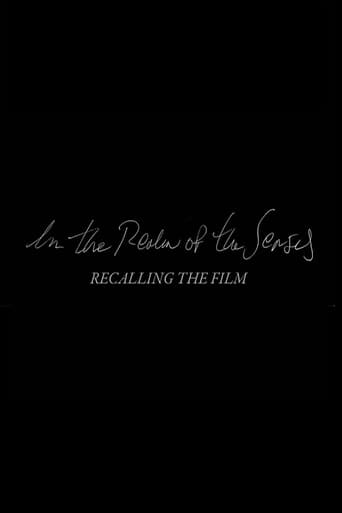
01 Jan 2003

Documentary about the making of Nagisa Oshima's 1976 film.

28 Aug 2017

The intricate history of UFA, a film production company founded in 1917 that has survived the Weimar Republic, the Nazi regime, the Adenauer era and the many and tumultuous events of contemporary Germany, and has always been the epicenter of the German film industry.
25 Feb 2012
Documentary about Spanish director Luis García Berlanga's "The Executioner" (1963)
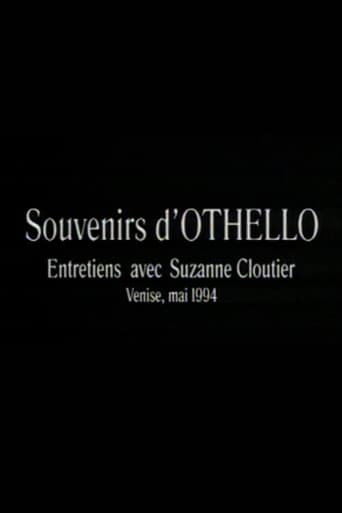
01 Jan 1995

Actress Suzanne Cloutier is interviewed about "Othello", Orson Welles' masterpiece, in which she played Desdemona.
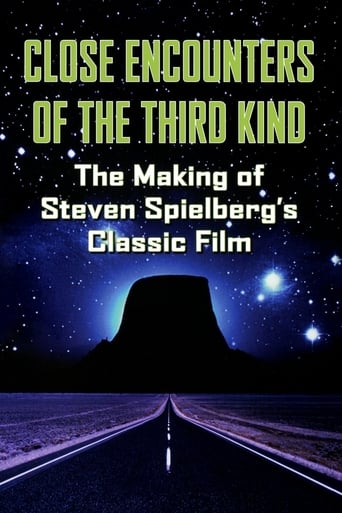
08 May 2001

A documentary film on the making of 'Close Encounters of the Third Kind'
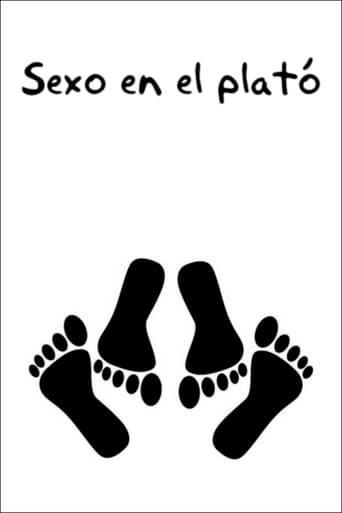
09 Apr 2007

How are the sex scenes filmed? What tricks are used to fake the desire? How do the interpreters prepare and feel? Spanish actors and directors talk about the most intimate side of acting, about the tricks and work methods when narrating exposed sex. In Spain the general rule is that there are no rules. Each film, each interpreter, faces it in very different ways.

17 Jan 2025

Documentary on Ciby 2000, the French film production company founded by Francis Bouygues in 1990.
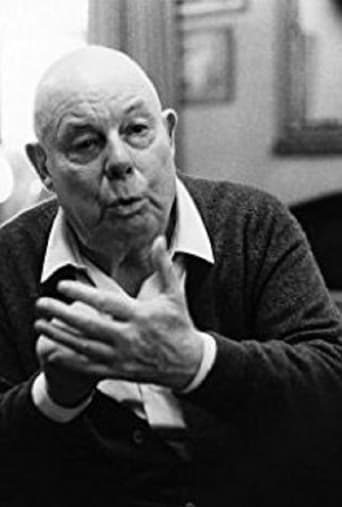
17 Nov 1993

The second part of a BBC documentary on the latter half of the career of French director Jean Renoir.
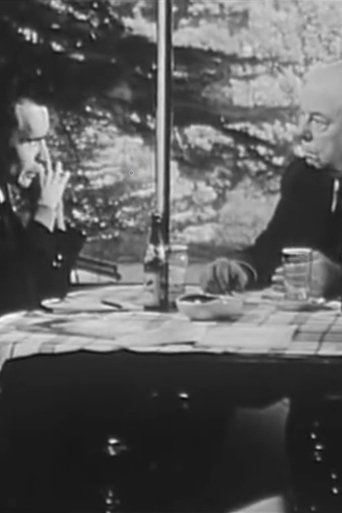
11 Nov 1961

Three-part interview with French film director Jean Renoir, conducted by French New Wave director Jacques Rivette.
01 Jan 2000
An interview with Spanish film director Victor Erice, conducted by Hideyuki Miyaoka
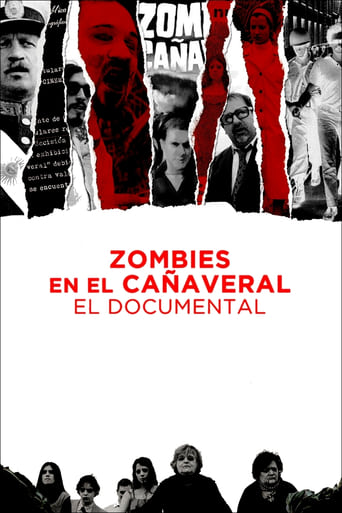
08 Nov 2019

Tucumán, Argentina, 1965. Three years before George A. Romero's Night of the Living Dead was released, director Ofelio Linares Montt shot Zombies in the Sugar Cane Field, which turned out to be both a horror film and a political statement. It was a success in the US, but could not be shown in Argentina due to Juan Carlos Onganía's dictatorship, and was eventually lost. Writer and researcher Luciano Saracino embarks on the search for the origins of this cursed work.